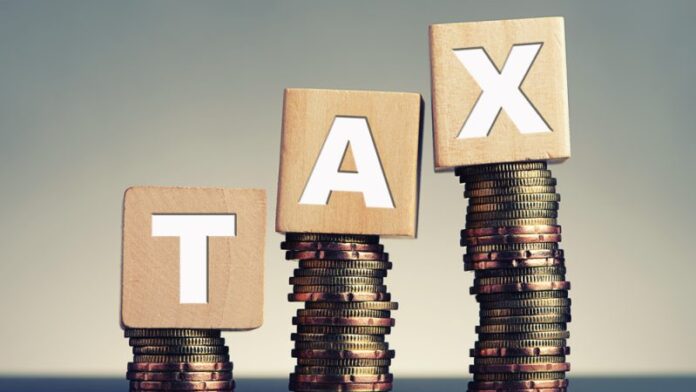The Romanian government’s fiscal reform package, which aims to combat tax evasion and create a fairer tax system, was rushed through parliament without amendment or debate on Tuesday night and has not gone down well with the business community, according to Euractiv.
The various incentives and privileges, which amount to some €15 billion, together with annual tax evasion estimated at around €30 billion, which together represent 15% of Romania’s GDP, are no longer sustainable for the country, Prime Minister Marcel Ciolacu told the assembled chambers of parliament on Tuesday.
Romania finds itself in “a paradoxical” situation, with “the highest labour taxation in Europe, but among the lowest taxes on capital,” said Ciolacu, trying to justify the introduction or increase of taxes for large corporations and banks.
In pushing through the bill without amendments or debate, the government chose to ignore the opinion of the Economic and Social Council (CES), which said the measures would hurt the economy.
According to the CES, the over-taxation of micro-enterprises would mainly affect those who comply with the tax rules, while tax evaders would remain largely unaffected.
Compared to its EU partners, Romania has the highest level of tax evasion at more than 10% of GDP, a problem that has also been identified by the International Monetary Fund (IMF).
While Romania’s efforts to implement reforms and responsible economic policies have been acknowledged by an IMF delegation that is in Bucharest until 4 October, according to Finance Minister Marcel Boloş, he also stressed that Romania needs “fiscal and budgetary sustainability, deficit reduction and additional measures to combat tax evasion”.
Asked about Romania possibly receiving a new IMF loan, as it did in 2010, Boloş denied that the country was in financial difficulty.
Romania is currently under the EU’s excessive deficit procedure after its budget deficit widened more than forecast. The authorities expect the package to have a positive fiscal impact of more than 4.6 billion over the next five years.
According to the president of the Foreign Investors Council (FIC), Daniel Anghel, “the most painful measure” is the minimum turnover tax, which he says would “damage competitiveness” and potentially “discourage foreign investment”.
He highlighted a 14% decrease in foreign investments in Romania this year, according to data provided by the National Bank.


